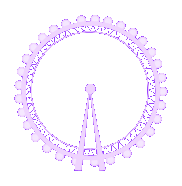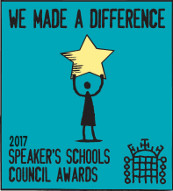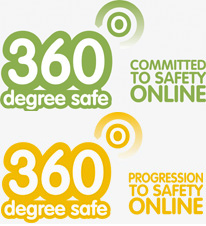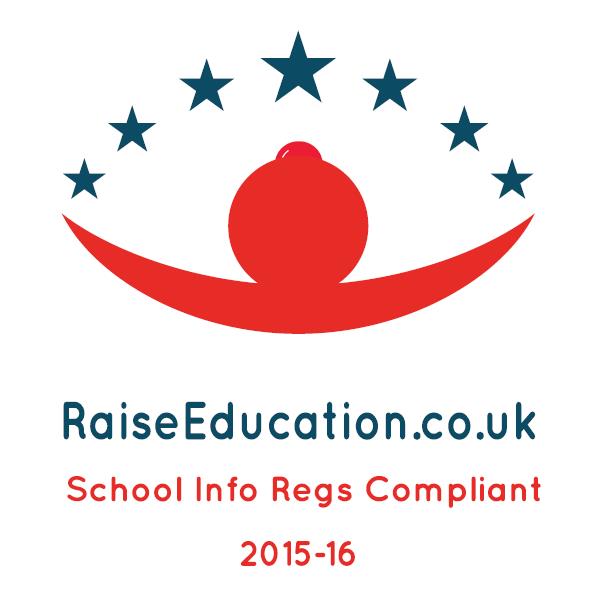Extracts from Pope Francis Letter on Communicating the Family
Dear Brothers and Sisters
The family is a subject of profound reflection by the Church. It is in the context of the family that we first learn how to communicate.
Even after we have come into the world in some sense we are still in the ‘womb’, which is the family. A womb made up of various interrelated persons: the family is ‘where we learn to live with others despite our differences’. It is the bond which is at the root of language, which in turn strengthens the bond. We can give because we have received. This virtuous circle is at the heart of the family’s ability to communicate among its members and with others. More generally it is the model for all communication.
In the family we learn to embrace and support one another, to discern the meaning of facial expressions and moments of silence, to laugh to cry together with people who did not choose one another yet are so important to each other. This greatly helps us to understand the meaning of communication as recognising and creating closeness.
More than anywhere else the family is where we experience our own limits and those of others, the problems great and small entailed in living peacefully with others. A perfect family does not exist. We should not be fearful of imperfections, weakness or even conflict, but rather learn how to deal with them constructively. The family, where we keep loving one another despite our limits and sins thus becomes a school of forgiveness, Forgiveness in itself is a process of communication. A child who has learned in the family to listen to others, to speak respectfully and to express his or her view without negating that of others will be a force for dialogue and reconciliation in society.
In a world where people often curse, use foul language, speak badly of others, sow discord and poison our human environment by gossip, the family can teach us to understand communication as a blessing. In situations apparently dominated by hatred and violence where families are separated by stone walls or the no less impenetrable walls of prejudice and resentment, it is only by blessing rather than cursing, by visiting rather than repelling and by accepting rather than fighting, that we can break the spiral of evil, show that goodness is always possible and educate our children to fellowship.
The great challenge facing us today is to learn once again how to talk to one another, not simply how to generate and consume information. The latter is a tendency which our important and influential modern communications media can encourage. Information is important but it is not enough. Families should be seen as a resource rather than as a problem for society. Families at their best actively communicate by their witness the beauty and richness of the relationship between man and woman, and between parents and children. We are not fighting to defend the past, rather patience and trust, we are working to build a better future for the world in which we live.



















